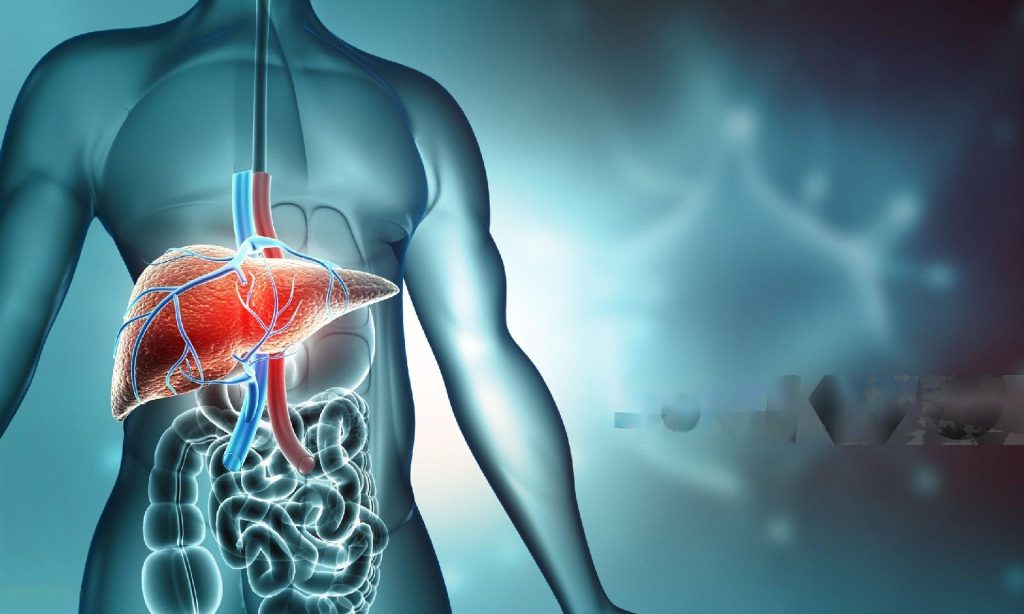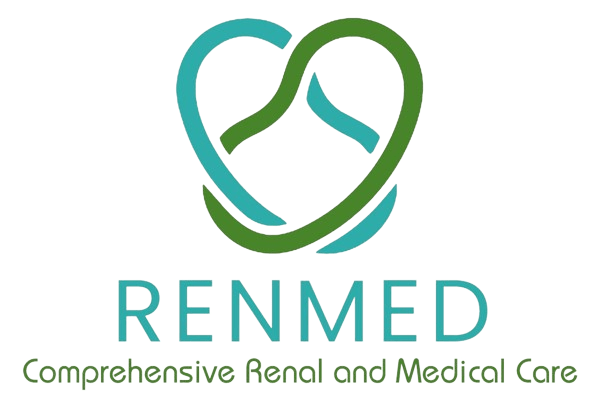Liver and gastrointestinal diseases
Home / Liver and gastrointestinal diseases
Liver and gastrointestinal diseases
Anemia is a condition characterized by a deficiency of red blood cells (RBCs) or hemoglobin in the blood, leading to a reduced capacity to carry oxygen to the body’s tissues. This can result in fatigue, weakness, and other health issues.

Types of Anemia
- Hepatitis: Inflammation of the liver caused by viral infections (types A, B, C, D, and E), alcohol use, or autoimmune disorders. Symptoms can include fatigue, jaundice, and abdominal discomfort.
- Non-Alcoholic Fatty Liver Disease (NAFLD) is characterized by excess fat accumulation in the liver not related to alcohol consumption.
- Alcoholic Liver Disease results from heavy alcohol use, leading to inflammation and damage.
- Cirrhosis: A late-stage liver disease resulting from chronic liver damage, often due to hepatitis or alcohol abuse. Symptoms include swelling, jaundice, and cognitive changes.
- Liver Cancer: Often associated with chronic liver diseases, liver cancer can present with weight loss, abdominal pain, and jaundice.
- Liver Encephalopathy: A serious condition resulting from liver failure, leading to confusion and altered mental status.
Gastrointestinal Diseases
The gastrointestinal tract is essential for digestion and nutrient absorption. Key GI diseases include:
Gastroesophageal Reflux Disease (GERD): A chronic condition where stomach acid frequently flows back into the esophagus, causing heartburn and discomfort.
Irritable Bowel Syndrome (IBS): A functional disorder characterized by abdominal pain, bloating, and altered bowel habits, including diarrhea and constipation.
Inflammatory Bowel Disease (IBD): This includes Crohn’s disease and ulcerative colitis, conditions marked by chronic inflammation of the digestive tract, leading to severe abdominal pain, diarrhea, and fatigue.
Celiac Disease: An autoimmune disorder triggered by gluten, causing damage to the small intestine and resulting in digestive issues and nutrient deficiencies.
Diverticulitis: Inflammation or infection of diverticula in the colon, leading to abdominal pain, fever, and changes in bowel habits.
Diagnosis and Treatment
Diagnosis of liver and GI diseases typically involves blood tests, imaging studies, and sometimes endoscopy or biopsies. Treatment varies based on the specific condition but may include:
- Medications: Anti-inflammatory drugs, immunosuppressants, or antibiotics.
- Lifestyle Changes: Diet modifications, exercise, and avoiding alcohol and smoking.
- Surgical Interventions: Necessary in severe cases, such as liver transplant or surgery for complications from IBD.
Prevention and Management
Maintaining a healthy lifestyle through a balanced diet, regular exercise, and routine medical check-ups can help prevent many liver and gastrointestinal diseases. Early detection and management are key to improving outcomes and enhancing quality of life.
Book An Appointment
Other services
- Diabetes
- Hypertension
- Febrile illness
- Glomerular disease
- Liver and gastrointestinal diseases
- Anemia
- Pediatric kidney disease
- Tubular disorders
- Chronic kidney disease
- Acute kidney injury
- Urinary tract infection and stone
- Renal transplant work up
- Respiratory disorders
